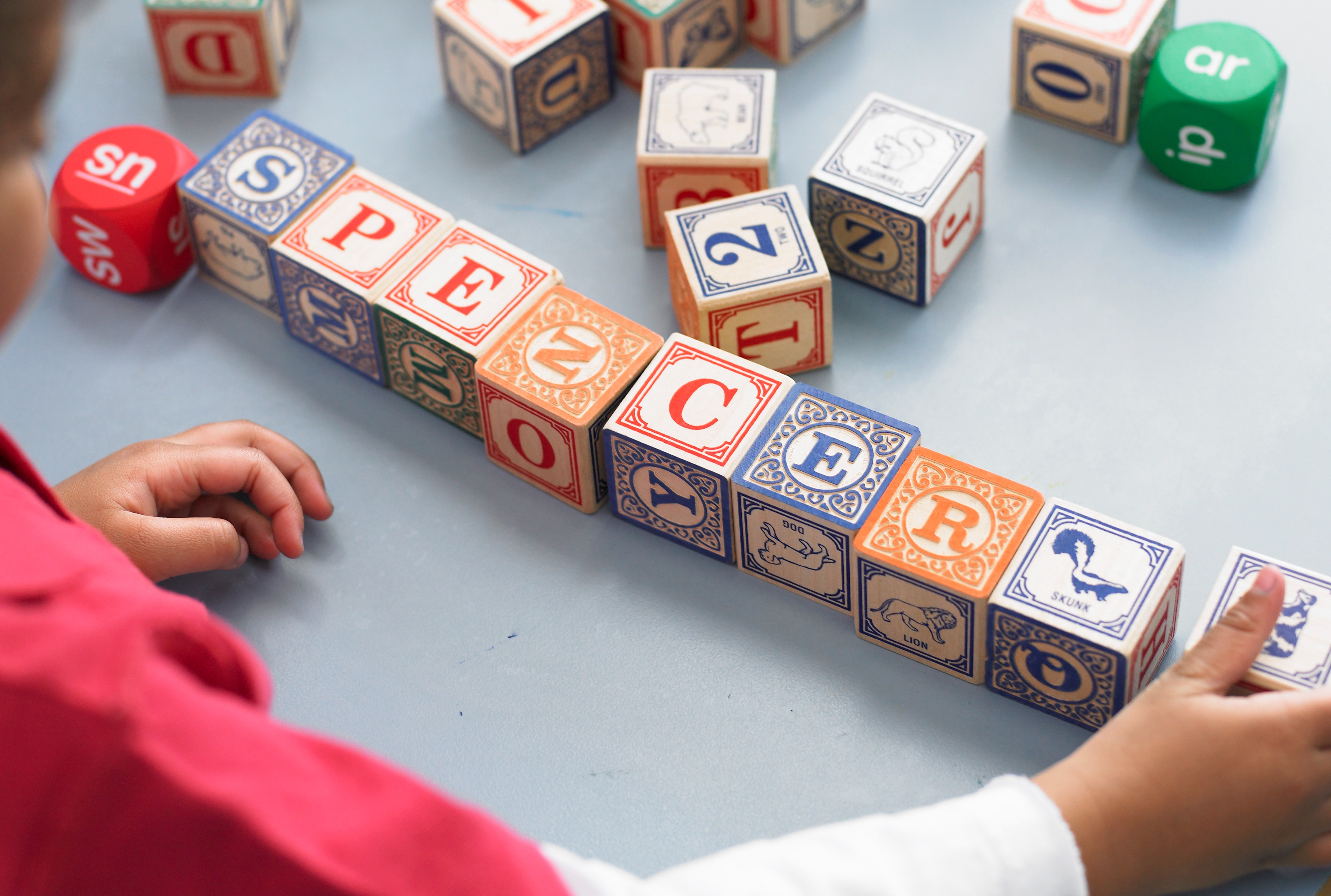
First published: 6 October 2021 @ 6:00 pm
By the time children are around 18 months old, the focus of early childhood educators shifts from teaching children how to produce words and phrases to teaching them how to improve their language development, to understand and use them in every day speech.
This includes teaching children new vocabulary related to topics such as body parts, emotions, and actions. It is important for parents to be proactive in their child’s language development and encourage them to explore and use new words and phrases by interacting with them.
Why You Should Be Purposeful in Supporting Your Toddler’s Language Development
Parents play a very important role in encouraging language development in their children. Children do not learn language and communications on their own.
This is why parents need to provide the right environment and make sure that children are able to learn and understand new words. One way parents can help improve their children’s communication skills is by talking to their child and using the new words they have learned with them.
They can also encourage them to imitate what they hear or see, such as showing them how to put on their shoes or taking off their shirt, and then asking if they want to try it themselves. Children also benefit from hearing familiar words repeatedly until they can repeat them correctly.
They will also need help with the most common pronouns such as “I”, “me”, “my”, “mine”, “we”, “us”, etc., as well as possessive pronouns such as “my/mine/yours/theirs”.
Parents should teach children these words at home so that they are able to use them at school without being corrected by teachers or other caregivers.

How to Encourage Early Language Development in Children:
1. Take time to play with your child. Play with them and use new words and phrases you have learned so that they can imitate you. It is important to talk to your child about new words and phrases so that they will learn them.
2. Talk to your child about the surrounding objects, what is happening in the world, or what is going on in their life. This will help them learn words related to these topics.
3. Encourage your child to ask questions by using these new words with them. You can also encourage them to ask questions by asking “what” questions, “where” questions, or “why” questions when they are older, depending on their age and ability to understand the question correctly.
This will help children learn how to ask questions correctly later on in life when they are more advanced in their language development.
If children have difficulty asking questions, parents can also use this opportunity as a way of modelling the correct way of asking a question by asking it themselves first before turning to their child for an answer or encouragement.
If children do not understand the question being asked or are unsure of how to respond, it is best for parents not to turn to them and encourage them to ask a question themselves. This will allow children to gain the confidence they need to ask a question on their own.
4. Talk about the feelings and emotions that children experience on a daily basis. By talking about emotions, children will be able to learn the words related to these topics as well as learn what they mean.
Children can also learn how these words are used in simple sentences by listening to you talk about things that make you happy or sad, angry or upset, or happy or excited.
You can also help your child understand these words by showing them pictures of people who are happy, sad, angry, or upset, depending on their age and ability to understand the pictures correctly.
5. Use gestures with your child so that they will learn how these new words are used in sentences by looking at your hands when you talk about an object or person that has the word associated with it.
You can also help your child learn while doing a fun activity and teach them how these words are used in sentences by pointing at objects or people when you say the word associated with them.
If children have difficulty understanding because of their young age, parents can also use this opportunity as a way of modeling how to use gestures correctly when speaking by showing them how to do so themselves.
6. Take time to a read book and stories about topics that your child likes, such as animals, cars, sports, school, nature, etc., and talk about what happens in the story.
This will help children learn these unfamiliar words in sentences by listening to you read a book about what happens in the story and talking about what happens next in the story.
You can also encourage your child by pointing at things or people in the book when you say certain words or phrases associated with those objects or people.

How to Teach Your Toddler to Talk
Try to involve your toddler in conversation at every opportunity. If you have a little one who does not seem to be able to form complete sentences, it is important that you continue talking with them in the hope that they will eventually begin to understand more complex language.
Even if your child does not understand everything you say, try to keep on talking so that they are learning how to use language effectively. The more you interact with your child, the more he or she will begin to learn new words and phrases.
Your toddler’s vocabulary can broaden through play. When your child is playing with other children, you can encourage them to use new words and phrases by asking them to repeat their actions or make the same noises.
When you are reading books to your child, ask them to help you read the words by making the same sounds or repeating them after you. This will encourage your child to learn new words and improve their language skills.
If they are not able to do this, read it out loud so that they can still hear the story even if they cannot follow it. It is important that you let your child take part in this way of learning so that they can gain confidence in using language in everyday situations.



